Anger erupted at local and national levels this week after news emerged that popular Villa 31 campaigner and resident Ramona Medina had died aged 42.
The fatality again shines a light on the problems facing Argentina’s poorest amid the coronavirus pandemic, which is spreading more rapidly in low-income neighbourhoods.
Medina, a key figure with the La Garganta Poderosa media outlet and a delegate for its community group, died on Sunday. She had been infected with Covid-19 and was hospitalised just days after denouncing before several media outlets that her neighbourhood in Villa 31 had gone 12 days without drinking water.
Medina was insulin-dependent and lived with seven of her relatives in a crowded small house in Villa 31, the large Retiro shantytown that borders Recoleta, where around 50,000 people live.
A passionate journalist and community activist, Medina died at the Hospital Muñiz in Parque Patricios. According to reports, other members of her family – including at least one of her children who has severe disabilities – have also contracted the coronavirus.
News of her death was broken in a text written by Nacho Levy, the editor of La Garganta Poderosa, who vowed it would not be in vain.
The publication accused the federal and city governments of failing to protect Argentina’s villas from the coronavirus threat and said they were responsible for Medina’s death, denouncing the conditions for those living in the villa.
Expressing his pain, Levy wrote of clenched teeth and hitting keyboards, biting back rage and spitting tears. The pain of talking about her “in the past tense.”
Medina, who was a health coordinator at Casa de la Mujer, had appeared on several news channels in recent weeks, demanding local and national governments act to restore drinking water in Villa 31. She criticised the Aysa water company and City administration of failing residents during the coronavirus pandemic.
On Tuesday, Levy met with President Alberto Fernández at the Olivos presidential residence to air complaints from residents.
Fernández, who said Medina’s death had “hurt us all,” said afterwards that authorities would work to “mitigate the problems facing vulnerable social sectors.”
Half the spread
Officials are struggling to halt the spread of the virus in overcrowded low-income neighbourhoods and are formulating new plans to tackle the virus. In recent weeks, City government officials have stepped up their Detectar programme, which is proactively checking residents to see if they have contracted Covid-19.
The government is also in the process of setting up an isolation area near the Retiro port terminal, which will eventually be able to accommodate 700 people. The idea is that those who are identified as potential carrying the virus can be moved there temporarily, along with their close family.
As of midweek, more than 1,500 cases of Covid-19 had been confirmed in the capital's villas, around 35 percent of infections in the City.
On Thursday, at a meeting in the capital, experts recommended to Health Minister Ginés González García that isolation methods be improved in the villas.
The minister reportedly ruled out the idea of a “sanitary barrier” to divide off neighbourhoods with high contagion rates but said that the government was seeking to improve social distancing in the barrios.
Members of Villa 31's "crisis committee" – made up of residents, community leaders, political and social organisations – met this week to discuss next steps and call on the government to declare a sanitary, housing and food emergency in their neighbourhood.
– TIMES








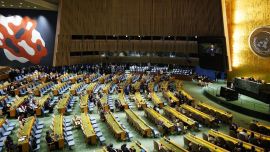
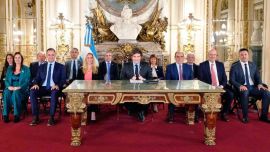
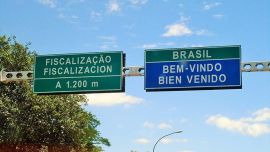





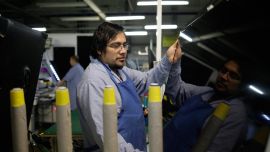


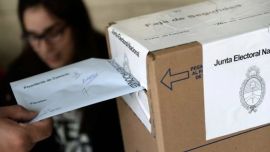
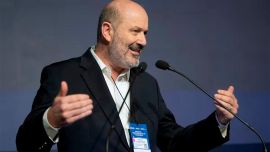

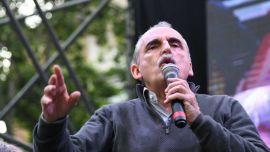
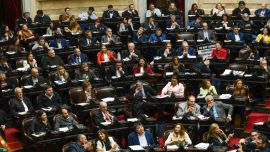
Comments